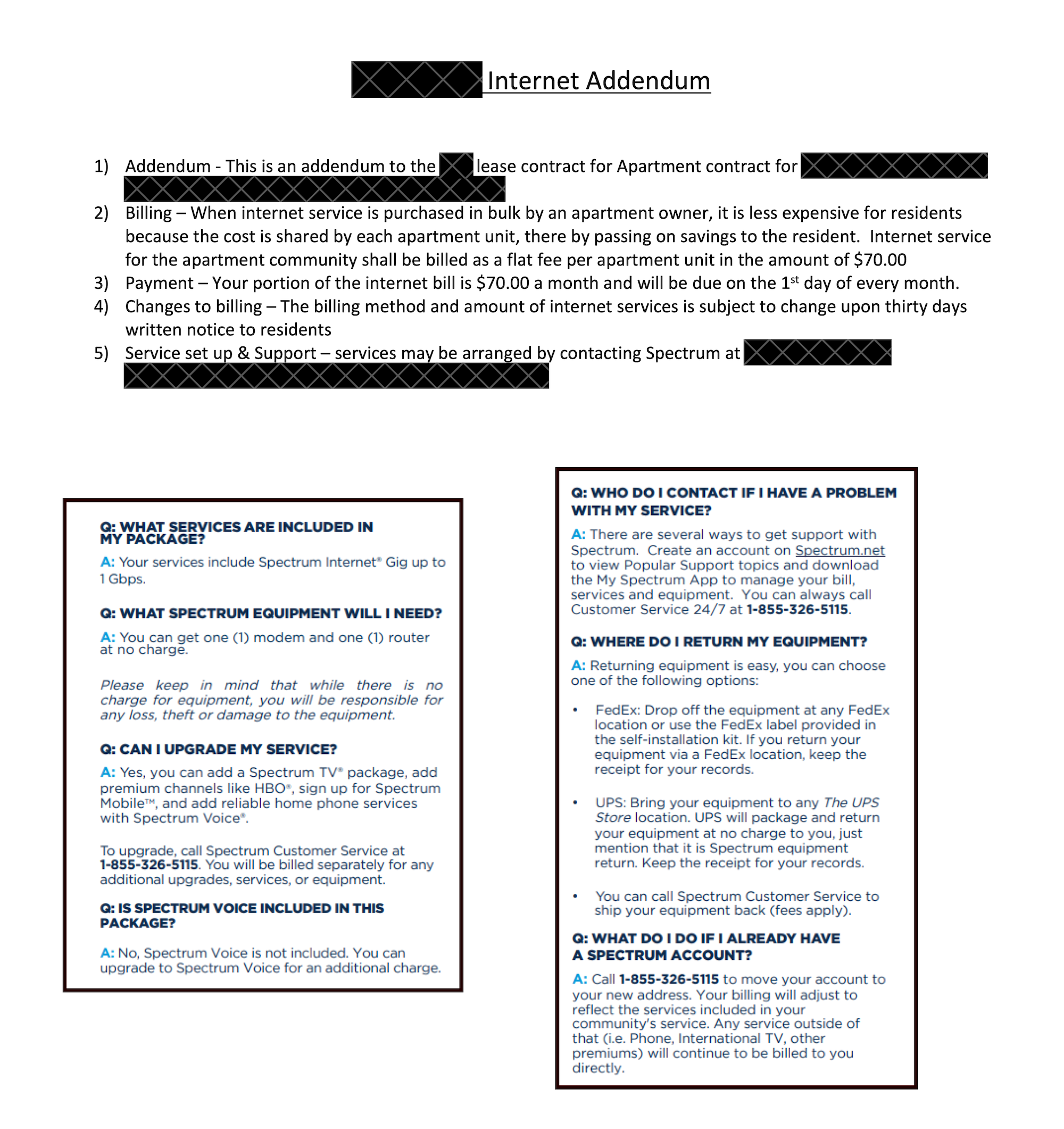Protecting Multi-Dwelling Unit Internet Data Flow Via Robust Cryptographic Protocols for Safeguard User Confidentiality and Information Integrity
Protecting Multi-Dwelling Unit Internet Data Flow Via Robust Cryptographic Protocols for Safeguard User Confidentiality and Information Integrity
Blog Article
In the current online landscape, securing web data is more important than ever, particularly in Multi-Unit Buildings (MDUs) such as apartment buildings and condo settings. Such settings often have numerous residents sharing the identical internet connection, which can result to potential safety threats. To guarantee that residents' confidentiality and data security are maintained, it is vital to adopt robust encryption standards. Data encryption is a method that encodes information, making it unreadable to anyone who do not have the appropriate key to decrypt it. This process helps maintain personal information secure from hackers and unapproved users.
One of the widely commonly used encryption standards is SSL Sockets Layer (SSL) and its successor, TLS Security (TLS). These standards create a protected connection between a user’s device and the web, guaranteeing that all data transferred stays confidential. When tenants in an MDU use sites that utilize SSL/TLS, their private information, including passwords and credit billing details, is secured. This means that although if someone attempts to intercept the data, they would merely see a mess of letters and numbers, rendering it almost impossible to comprehend. By encouraging the adoption of such protocols, MDUs can significantly improve the safety of their tenants' internet actions.
Another important coding technique is Virtual Private Network (VPN) solutions. A VPN creates a secure tunnel for internet traffic, which safeguards individuals from prying eyes, particularly when accessing shared wireless networks. In an MDU, in which numerous tenants may link to the identical service, employing a VPN can assist guarantee that individual web actions stay private. This is particularly crucial for activities such as internet transactions or accessing sensitive information. By promoting the adoption of VPNs among residents, MDUs can foster a safer internet space and assist safeguard against data breaches.
In addition to these encryption techniques, it is essential for MDUs to educate their tenants about the significance of cybersecurity. Many individuals may not be aware of the threats linked with utilizing shared internet connections. Offering resources on how to identify phishing attempts, the necessity of strong passwords, and the advantages of employing encrypted websites can enable tenants to take charge of their internet safety. Workshops or informational sessions can be effective ways to increase awareness and promote best practices for online safety.
Ultimately, MDUs should consider working with web next page service providers (ISPs) that prioritize security and offer advanced coding options. By collaborating with ISPs that implement strong coding standards, MDUs can ensure that their residents have availability to protected internet connections. This partnership can lead to enhanced general safety for the whole complex, as well as enhanced trust among residents. By taking these measures, MDUs can create a more secure internet environment, safeguarding resident privacy and information security in an increasingly interconnected environment.